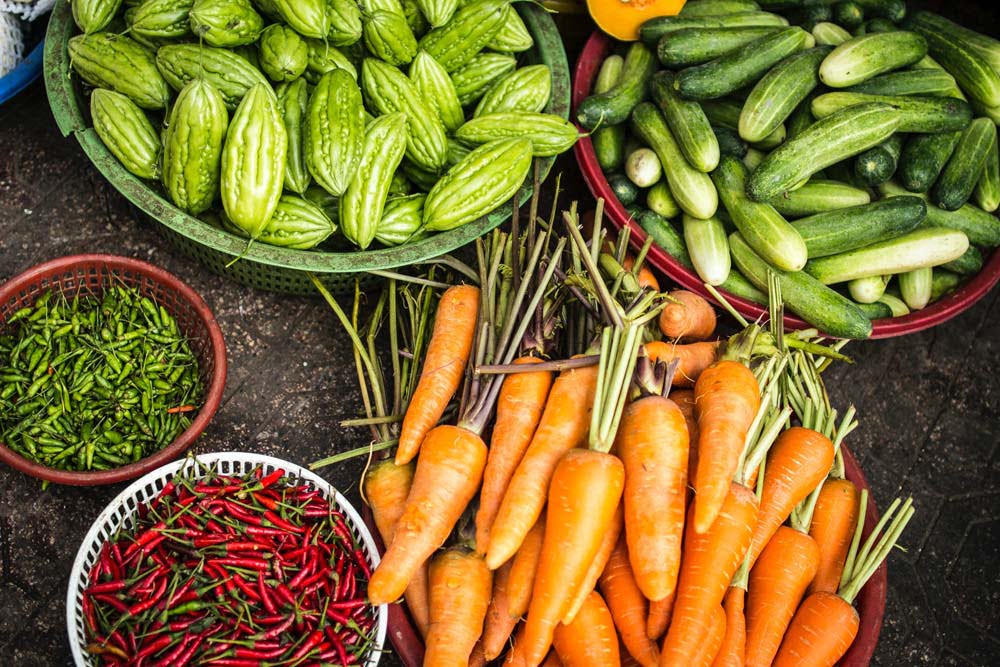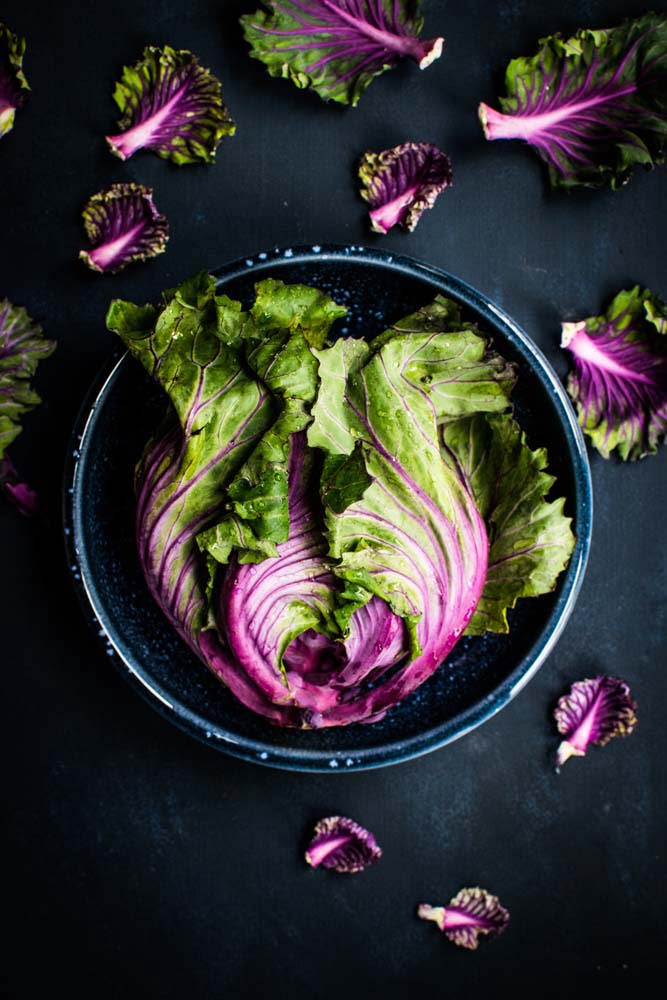We all know that sugar isn’t good for us and studies show that sugar is a major contributing factor to many serious diseases including cancer, heart disease, autoimmune conditions and Type 2 diabetes to name a few.
People have gotten confused by sugar as we know excessive consumption has negative effects on our health however, where the confusion lies is that the effects of sugar depend on the context.
For example, fruits tend to be demonised because of the blanket belief that sugars are bad, the same must apply to fruits, which contain fructose. However, this isn’t the whole picture as whilst research shows that fructose can cause harm when consumed in excess, there is not enough fructose in fruits (and vegetables) to cause concern.
Plus, fruit confers many health benefits as they are packed with phytonutrients and contain fibre in their whole form which is beneficial for gut health.
I personally don’t advocate removing all sugars as there are different types. Fruits / vegetables and rice produce a certain amount of sugar in the form of carbohydrates which uses sugars for energy however, it doesn’t make them ‘bad’. We need the nutrients from these foods and the energy output they produce to function. They should form part of a balanced diet, in appropriate proportions.
The sugars we need to avoid are the highly processed sugars:
- White sugar
- High fructose corn syrup
- Corn syrup/corn sweetener
- Maltodextrin syrup
- Rice syrup
- Dextrose
- Sucrose
You don’t need to worry so much about fresh produce, it’s the ingredients in processed products you need to keep an eye on.

The daily recommended intake for sugar is:
- Men – less than 9 tsp per day
- Women & Children – less than 6 tsp per day
We need to eat some healthy sugars like fruits and vegetables which is included in the recommended daily intake, so it’s easy to see how sugar can quickly add up. The easiest way to reduce this is to eat primarily natural produce with products / processed foods only making up a very small part of daily food consumption.



